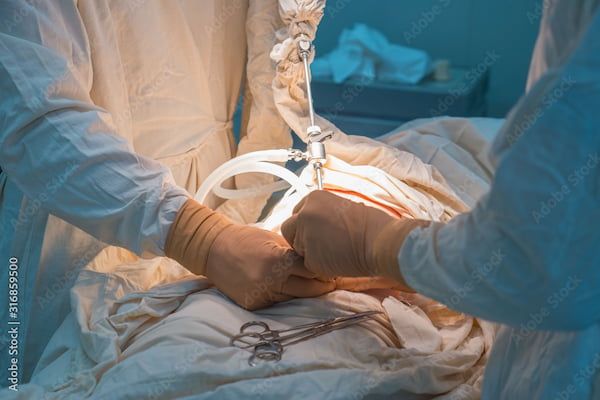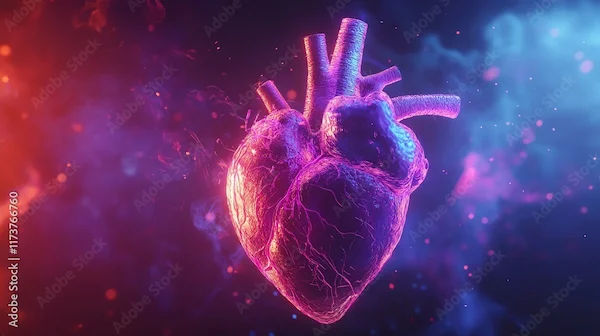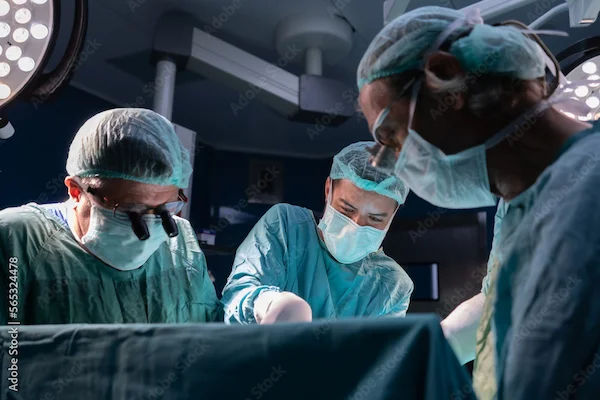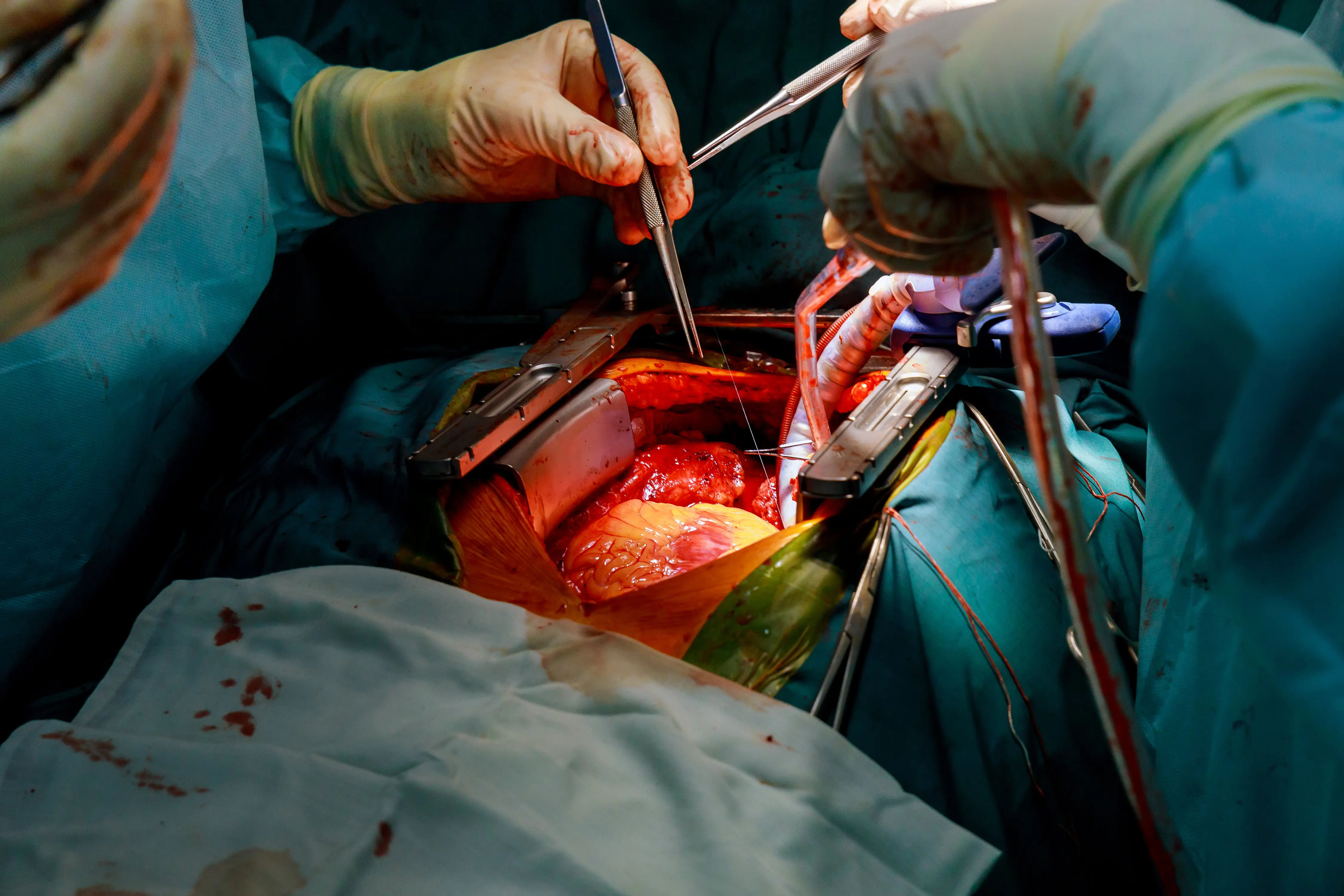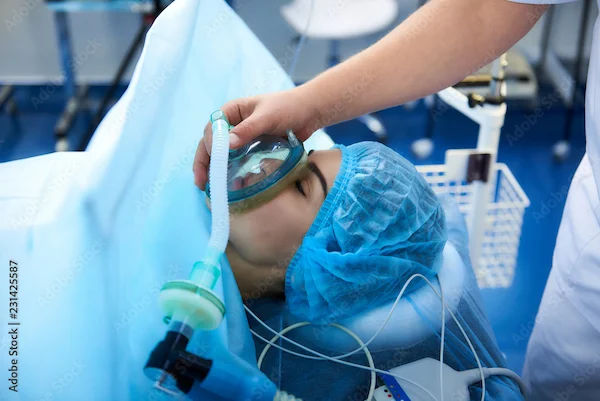Can Neck Cracking Lead to Stroke Risk?
Worried about neck cracking and stroke risk? Understand the rare but serious link between certain neck manipulations and artery dissection. Learn what causes neck cracking, when it's safe, and critical warning signs to watch for to protect your health.

Written by Dr. Dhankecha Mayank Dineshbhai
Reviewed by Dr. Shaik Abdul Kalam MD (Physician)
Last updated on 12th Aug, 2025

Introduction
If you’ve ever cracked your neck to relieve stiffness or tension, you might have wondered whether this habit is safe. While occasional neck cracking is usually harmless, there are rare but serious risks associated with excessive or forceful manipulation—especially when it comes to stroke.
In this article, we’ll explore the connection between neck cracking and stroke, what causes it, and how to stay safe while keeping your neck pain free.
Understanding Neck Cracking
Neck cracking, also known as cervical manipulation, happens when you twist or stretch your neck, causing a popping or cracking sound. This sound is usually due to the release of gas bubbles in the joint fluid—a harmless phenomenon similar to cracking your knuckles.
However, aggressive or frequent neck cracking, especially if done improperly, can potentially lead to complications, including a rare but serious condition called cervical artery dissection (CAD), which increases the risk of stroke.
How Can Neck Cracking Lead to Stroke?
The neck contains major arteries (vertebral and carotid arteries) that supply blood to the brain. If these arteries get injured—such as from a sudden, forceful neck movement—they can develop a tear in their inner lining, leading to a dissection.
When an artery dissects:
- Blood can clot at the tear site, blocking blood flow to the brain.
- A clot can break off and travel to the brain, causing a stroke.
This condition is called cervical artery dissection (CAD) and is a leading cause of stroke in younger adults (under 50).
Warning Signs of a Possible Stroke After Neck Cracking
If you experience any of these symptoms after cracking your neck, seek immediate medical attention:
- Severe headache (often described as "the worst headache of my life")
- Dizziness or loss of balance
- Blurred vision or sudden vision loss
- Weakness or numbness on one side of the face or body
- Difficulty speaking or slurred speech
Who Is at Higher Risk?
While the risk of stroke from neck cracking is low, certain factors increase vulnerability:
- History of neck injuries or spinal conditions
- High blood pressure or cholesterol (weakens blood vessels)
- Smoking (damages artery walls)
- Genetic disorders affecting blood vessels (e.g., EhlersDanlos syndrome)
- Frequent chiropractic neck adjustments (if done forcefully)
Consult Top Brain Specialists
Safe Alternatives to Neck Cracking
If you frequently crack your neck for relief, consider these safer alternatives:
1. Gentle Neck Stretches
- Chin Tucks: Sit straight, gently tuck your chin toward your chest, hold for 5 seconds, and repeat.
- Side Neck Stretch: Tilt your head toward one shoulder, hold for 15 seconds, and switch sides.
2. Improve Posture
- Keep your shoulders relaxed and avoid slouching.
- Adjust your computer screen to eye level to reduce strain.
3. Strengthen Neck Muscles
- Simple exercises like shoulder rolls and resistance band training can help.
4. Apply Heat or Ice
- Use a warm compress for stiffness or an ice pack for inflammation.
5. Massage or Physical Therapy
- A licensed therapist can safely relieve tension without forceful manipulation.
When to See a Doctor?
Consult a healthcare provider if:
- You rely on neck cracking frequently for pain relief.
- You experience persistent neck pain, headaches, or dizziness.
- You have risk factors like high blood pressure or a family history of stroke.
If needed, you can book a consultation with a specialist on Apollo 24|7 to assess your neck health safely.
The Bottom Line
Occasional, gentle neck cracking is unlikely to cause harm. However, forceful or excessive manipulation can increase stroke risk in rare cases. If you frequently crack your neck or experience concerning symptoms, opt for safer alternatives like stretching, posture correction, or professional therapy.
Consult Top Brain Specialists
Consult Top Brain Specialists

Dr. Abhisek Nanda
Neurologist
10 Years • DM (NEUROLOGY) ,DNB(MEDICINE)
Rourkela
Apollo Hospitals, Rourkela, Rourkela
(150+ Patients)

Dr. Prabash P R
Neurologist
16 Years • MBBS, MD, DM
Chennai
Apollo Speciality Hospitals Vanagaram, Chennai
(75+ Patients)

Dr. Sathish Kumar V
Neurologist
16 Years • D.M Neurology (PGIMER, Chandigarh), • M.D General Medicine (GSVM Medical College, Kanpur )
Chennai
Apollo Speciality Hospitals OMR, Chennai
(175+ Patients)

Dr. Avinash Gupta
Neurologist
12 Years • MBBS, DNB - Neurology
Bilaspur
Apollo Hospitals Seepat Road, Bilaspur
(125+ Patients)
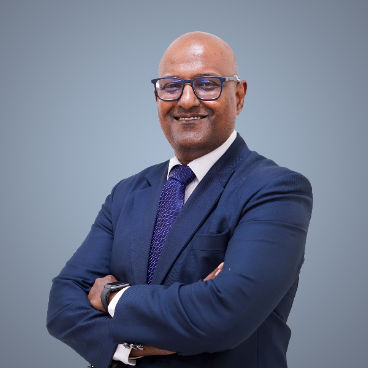
Dr. Boby Varkey Maramattom
Neurologist
22 Years • MD, DM (neurology), EDSI, FRCP, FICCN
Angamaly
Apollo Hospitals Karukutty, Angamaly
(25+ Patients)
Consult Top Brain Specialists

Dr. Abhisek Nanda
Neurologist
10 Years • DM (NEUROLOGY) ,DNB(MEDICINE)
Rourkela
Apollo Hospitals, Rourkela, Rourkela
(150+ Patients)

Dr. Prabash P R
Neurologist
16 Years • MBBS, MD, DM
Chennai
Apollo Speciality Hospitals Vanagaram, Chennai
(75+ Patients)

Dr. Sathish Kumar V
Neurologist
16 Years • D.M Neurology (PGIMER, Chandigarh), • M.D General Medicine (GSVM Medical College, Kanpur )
Chennai
Apollo Speciality Hospitals OMR, Chennai
(175+ Patients)

Dr. Avinash Gupta
Neurologist
12 Years • MBBS, DNB - Neurology
Bilaspur
Apollo Hospitals Seepat Road, Bilaspur
(125+ Patients)

Dr. Boby Varkey Maramattom
Neurologist
22 Years • MD, DM (neurology), EDSI, FRCP, FICCN
Angamaly
Apollo Hospitals Karukutty, Angamaly
(25+ Patients)
